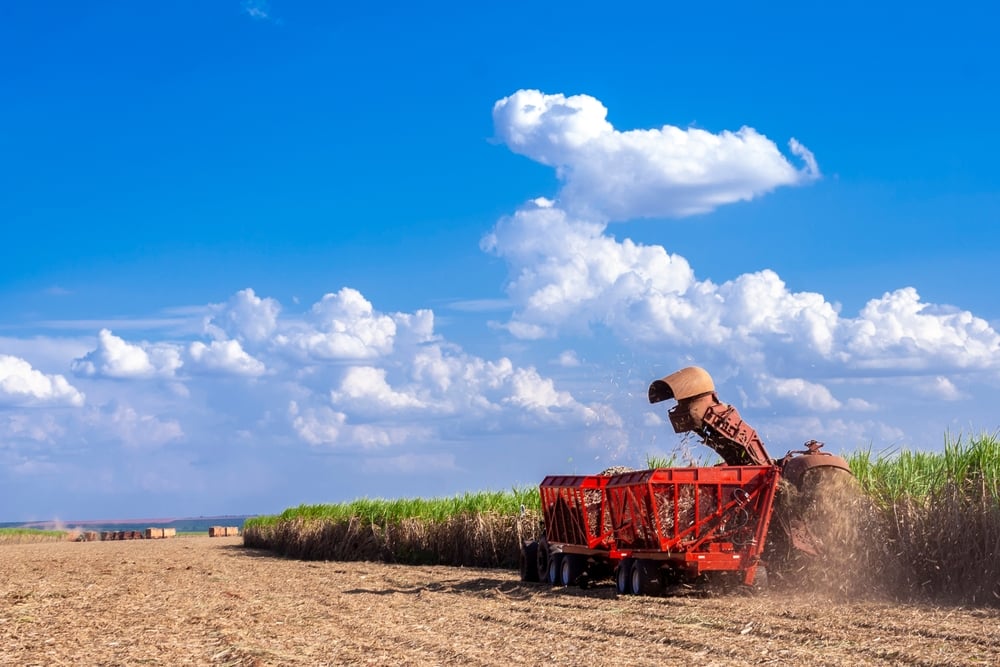ILLEGAL MINING
Indigenous communities seek lasting alternatives to illegal mining

Munduruku demonstrators in 2018, demanding the demarcation of their Sawré Muybu territory in Pará. Photo: Marcelo Camargo/EBC
In June this year, another federal operation to evict illegal miners from Brazil’s indigenous territories made national headlines. In the Kayabi indigenous land in the northern Amazonian portion of Mato Grosso state, law-enforcement agents dismantled 23 dredging rafts, 15 boats and numerous riverside shacks. It was the second such operation in Kayabi lands this year, bringing the total number of destroyed vessels there to 50.
Speaking about the toll these mining operations take on indigenous livelihoods, Eliane Xunakalo, president of the Federation of Indigenous Peoples of Mato Grosso, underscored a reality now common across Brazil: “[Mining] is destroying the river, it is destroying our source of food.”
In an interview with The Brazilian Report, indigenous leader Alessandra Korap Munduruku added that…

🔒 This was a free preview; the rest is behind our paywall
Don’t miss out! Upgrade to unlock full access. The process takes only seconds with Apple Pay or Stripe. Become a member.

Why you should subscribe
We’re here for readers who want to truly understand Brazil and Latin America — a region too often ignored or misrepresented by the international media.
Since 2017, our reporting has been powered by paid subscribers. They’re the reason we can keep a full-time team of 10 journalists across Brazil and Argentina, delivering sharp, independent coverage every day.
If you value our work, subscribing is the best way to keep it going — and growing.
Our annual plan goes for just USD 0.52 a day — but the value you'll get back from it is truly immeasurable. So… what’s stopping you from joining right now?









